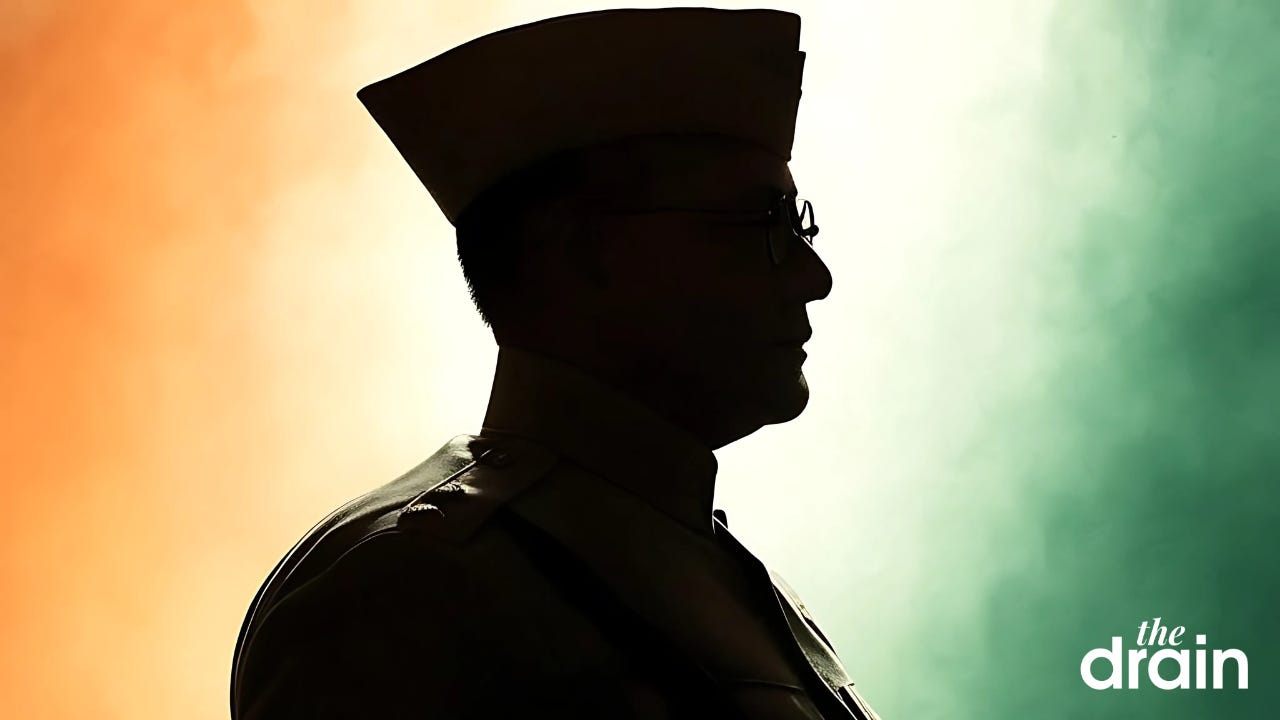Escaping from difficulties is not always a cowardly thing. Ordinary mortals escape from difficulties to find stability. Very rare are those who escape from one difficulty to reach a higher degree of difficulty. That is Mr Subhas Chandra Bose for us. The writer is convinced that the original date of death of Mr Subhas would never be officially declared. The debate on who facilitated the independence of this country will always be on. The comparative analysis of Mr Gandhi, Nehru with Subhas is for eternity. What however pains the writer is that we Bengalis have lost the courage of conviction, the eloquence of spoken word, the authoritativeness of the written word, the rhythm of instinct and enquiring conduct to speak truth to power.
The writer was vexed with the question of why the people of the present time do not have the courage or conviction that the leaders of the past had. One argument that was put across is that the times of independence struggle gave occasions to a person to rise above his/her self-interest, and a country now free from the manacles of foreign yoke does not give such occasions anymore. This argument begs the question that when in a free country, people could not and do not gather the courage to place eye to eye, how come in the pre-1947 country people to the persona of Subhash got that courage?
It has been argued amongst the statistics of the world that India has talent, our country has efficiency, however, when it comes to the courage of conviction, we strike a compromising tone with the world. Mr Nehru may teach you the sophistication of ideas, Mr Gandhi may teach how a person needs to address the honest and innate contradictions within oneself. Whereas Mr. Bose teaches us the courage of conviction, the art of working under secrecy, and the need for strategy in every move. He also teaches that Congress' ideological differences with Germany and Japan did not stand in the way of the larger aim of freeing the country. He may also silently teach you that you may need to become a refugee in your own country for whose independence you have not only dedicated your life but made your life synonymous with the country's journey towards independence.
Subhas Chandra Bose is described by Mr Chandrachud Ghosh and Mr Anuj Dhar as an "inconvenient nationalist". Mr Godse has also been described as an "unguided and inconvenient nationalist"—or, by some, a "terrorist"—thereby putting across an impression of him being inconvenient to the country. The debate over whether Mr Godse murdered Mr Gandhi or sought to win over his ideology by ending his physical presence—since, according to him and others, that ideology was proving to be inconvenient to the nation—will continue. Subhas Babu was inconvenient to the Congress but does that make him inconvenient to the country too? Subhas Babu, however, did not end anyone of India. Rather, it is argued that Bharat made him a refugee. Bose was inconvenient to Congress, but does that make him inconvenient to the country? Was Congress synonymous with India, and hence, being inconvenient to Congress makes one inconvenient to the country?
The writer was told that Congress has made the country and also Bengal. Is it for that reason that we enjoy 23rd January as just another holiday—a day for going to the bazaar, taking afternoon naps, and preparing for the next day in the evening? Let us see.



Thank you for your comment